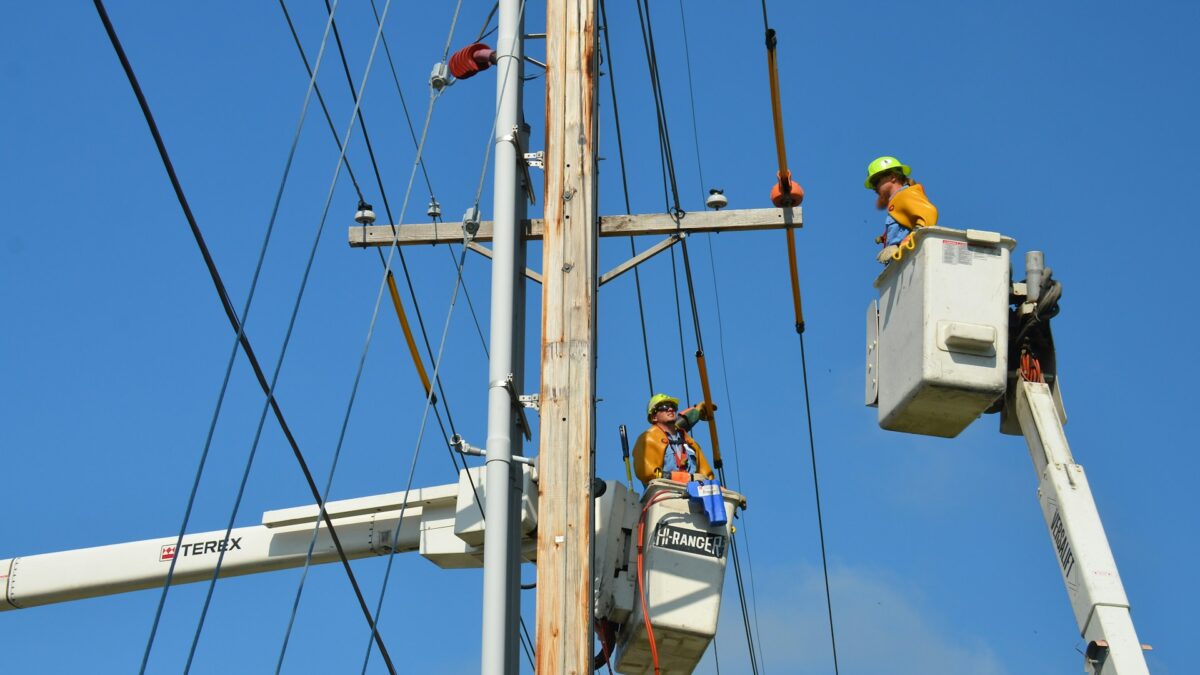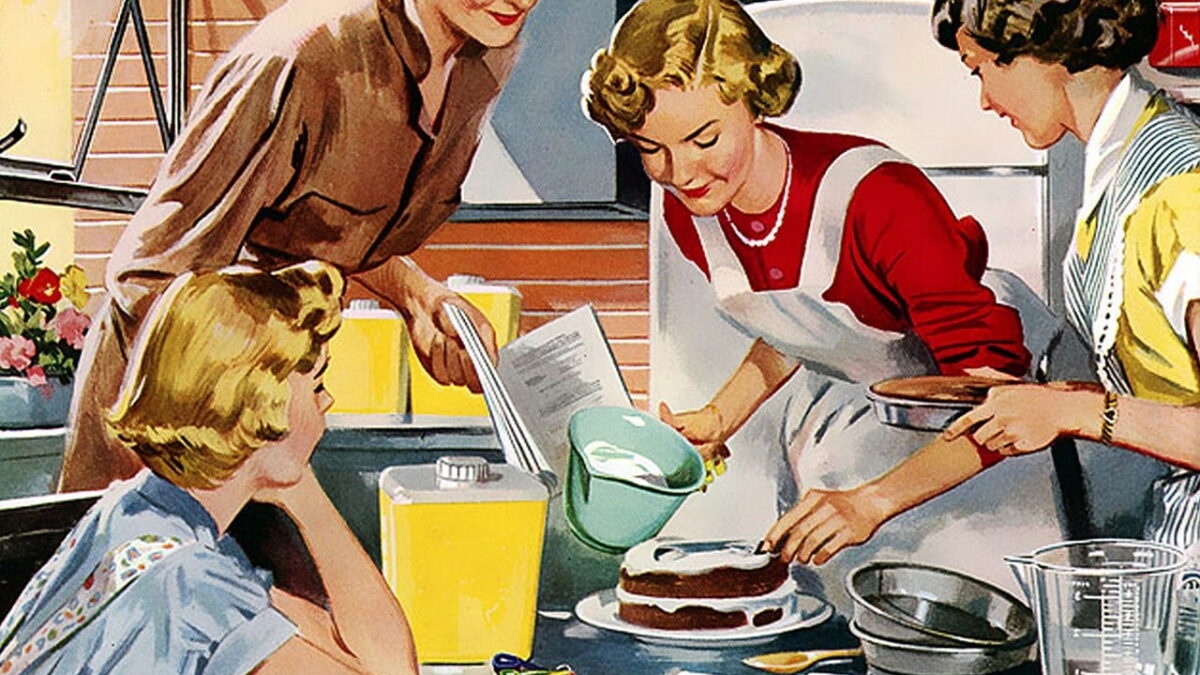Kate Upton, model and wife of Houston Astros pitcher Justin Verlander, shared her baseball opinions during the World Series game Tuesday night, then cried feminism when Twitter reacted to her thoughts on base running.
A questionable call over a possible rule violation stopped the game for 10 minutes. Upton pointed out that runners must stay in the clearly defined white lines down the baseline, a rule the umpires ultimately agreed with.
He wasn’t within the base path. Those who don’t know the rule you HAVE to run inside the 2 lines. Not sure why the review is taking so long… pic.twitter.com/SzUJTA4L70
— Kate Upton (@KateUpton) October 30, 2019
After her assertive tweet received more than 3,000 replies, Upton was apparently upset by a deluge of “dumb misogynist comments.” Later in the evening, she tweeted that it reminded her, “women need to keep fighting for equality. It’s 2019 but feels like the 1950s. #feminist”
I LOVE talking about sports and reading all of the dumb misogynist comments. It reminds me that women need to keep fighting for equality. It’s 2019 but feels like the 1950s. #feminist
— Kate Upton (@KateUpton) October 30, 2019
The idea that women receive more online abuse than men seems true, but is it really? Women celebrities and media figures are consistently harassed, threatened, and shamed for their appearances, yet a study done by the British research group Demos found 2.5 percent of their sample of tweets containing the username of male public figures contained abuse, compared to less than 1 percent of the tweets received by prominent celebrity women.
Modern day feminists often confuse sex inequality with anytime someone of the opposite sex is mean to them. As feminist scholar Christina Hoff Sommers argued on Bill Maher last month, “Feminism is supposed to be about equality between the sexes, mutuality, friendship, civility, yet it is captive to a small group of very intense eccentrics who think men are the enemy.”
Is someone like Upton really receiving more online abuse from men than her male celebrity equals, or is it more likely that tweeting about the World Series, an event with a predominately male audience, is more likely to elicit responses from male users?
The fact is that if Upton wants to compare the state of the sexes in 2019 to 1950, she will find that women are not just equal to men, but are actually at far more of an advantage in education, wealth, and career opportunities.
The educational attainment of women ages 25 to 64 in the labor force has risen substantially over the past 20 years. In the year 1950, women earned 24 percent of all bachelor’s degrees, 29 percent of all master’s degrees, and 9 percent of all doctorate degrees. The U.S. Department of Education projects that for the class of 2020, women will earn 64.5 percent of all associate’s degrees, 58 percent of all bachelor’s degrees, 58 percent of all master’s degrees, and 52 percent of all doctorate degrees. Meanwhile, as fewer men are receiving college degrees, the wages of men with only a high school diploma have simultaneously declined 47 percent since 1969. This has in turn fueled misery for women, who increasingly lack good prospects for marriage, especially among lower-income brackets.
Maybe the economic plight of men is irrelevant to Upton’s Twitter feed, but if so, then her own equation of “misogynist comments” = “1950s” doesn’t really make much sense either considering social media trolls did not exist in 1950. Just for fun, let’s consider Upton’s comparison valid anyway. That means over the course of 70 years, women have crushed men by all measures of success except for one, and feminists have declared our last frontier for equality…Twitter replies? Alright.
If the goal of feminism is to overcome male chauvinism, even online, the answer is not female chauvinism, or crying victim when you have to block or mute annoying followers. The modern feminist tactic of ignoring women’s huge successes and complaining about how bad men still are really does nothing for women who want to tweet about baseball.









